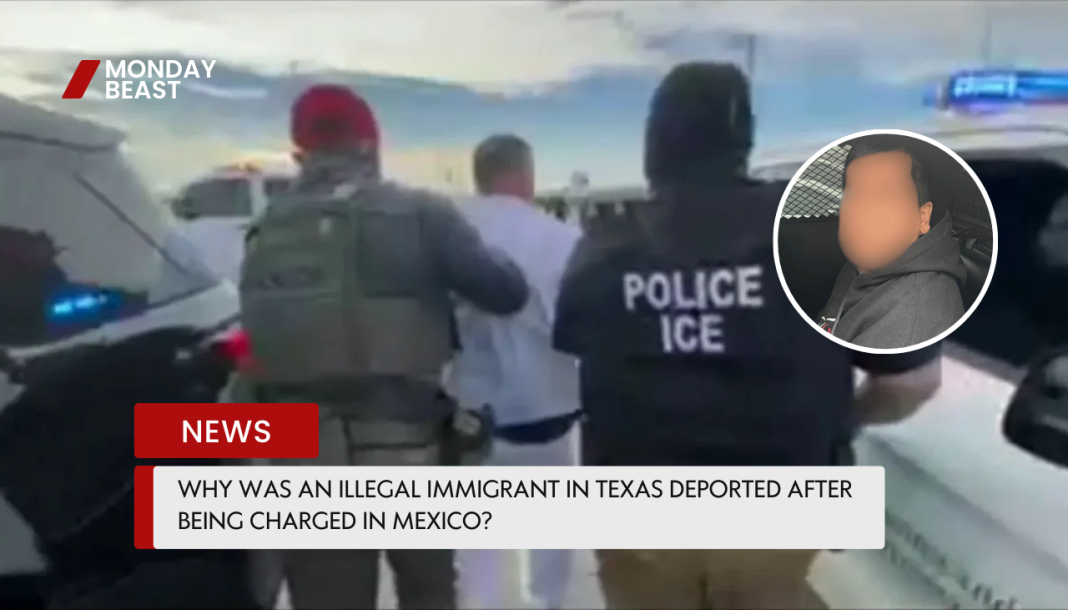The case of Nestor Flores Encarnacion raises urgent questions. How did a man evade justice for so long? Why does the system sometimes fail to protect children? It’s a narrative filled with fear, vulnerability, and the quest for justice.

Flores’s journey began when he entered the U.S. illegally on February 16, 2002, near Roma, Texas. He was apprehended and sent back the next day. Yet, rather than reconsidering his choices, he reentered the U.S. twice more within a week. It paints a disturbing picture of determination to evade accountability. With each return, one can almost feel the haunting shadow of the unspeakable crime waiting for him back home.
His case was brought to light on August 23, 2024, when deportation officers received a tip about his location in Houston. It was a moment filled with tension and anxiety for those involved. What was he doing in a city that prides itself on its diversity and hospitality? But more importantly, how many families felt a stolen sense of safety knowing he was nearby?

Once arrested, he faced immigration proceedings. A judge, however, granted him voluntary departure. That decision, bewildering for many, sparked outrage. Are the measures in place truly enough to protect vulnerable populations? Families across Texas must grapple with the fear of individuals like Flores slipping through cracks in the system.
ICE’s Houston Field Office Director Bret A. Bradford emphasized the agency’s unwavering commitment to community safety. And this case certainly highlights the realities of immigration and crime. But it also opens up a critical discussion regarding enforcement and prevention. How can we ensure our children are safe when faced with individuals accused of such heinous crimes?

Let’s consider the implications of this case. The emotional weight is heavy. Many feel helpless in the face of an undefined future filled with potential threats. One can only imagine the fears of a parent learning about an accused child rapist living in their community. It’s a chilling reality many in this country face.
The constant cycle of illegal entry raises questions about immigration policy. How can we create a system that truly protects its citizens? Are current regulations sufficient, or are they merely a façade, unable to wrench power from those willing to exploit their loopholes? It’s an emotional and complex conversation that resonances far beyond Flores’ actions.
His deportation has reportedly provided some relief, but it feels like a temporary fix. Many families can’t help but feel uneasy. They want protection from those who pose a continued threat to their kids.
In reflecting on this case, we must ask ourselves: how does society confront individuals like Flores? What systems do we need in place to prevent such tragedies from recurring? The story of Nestor Flores Encarnacion is one segment of a larger narrative filled with complexity. It emphasizes the urgency for change in the immigration system while underscoring the ongoing fight for accountability, safety, and justice in communities across America.




